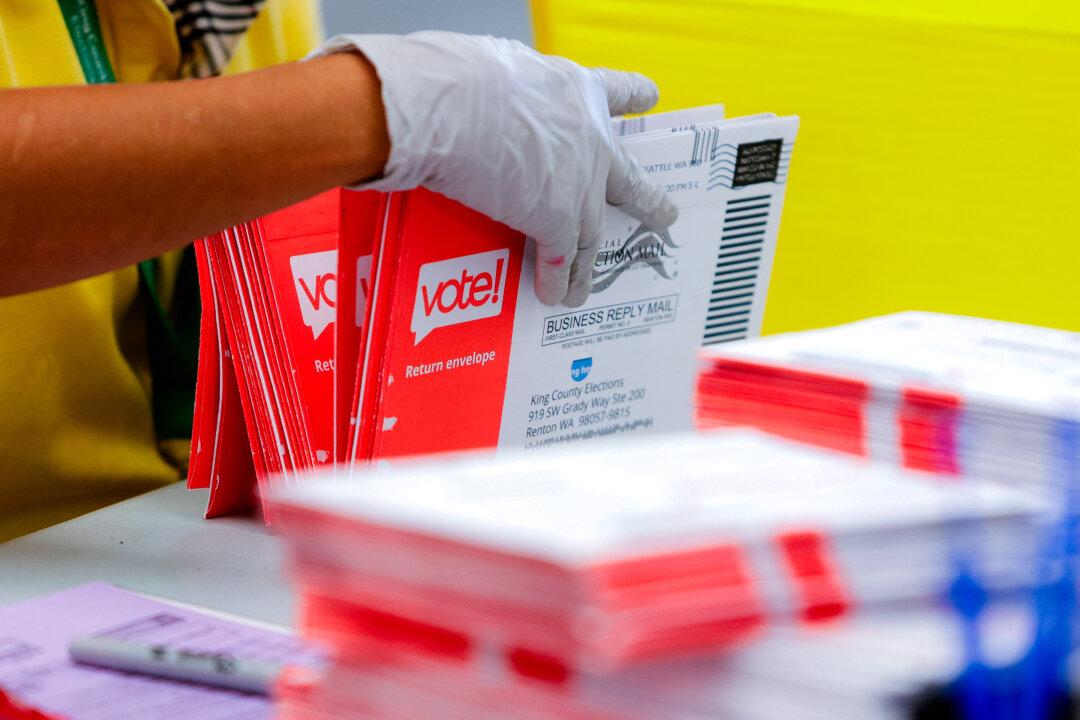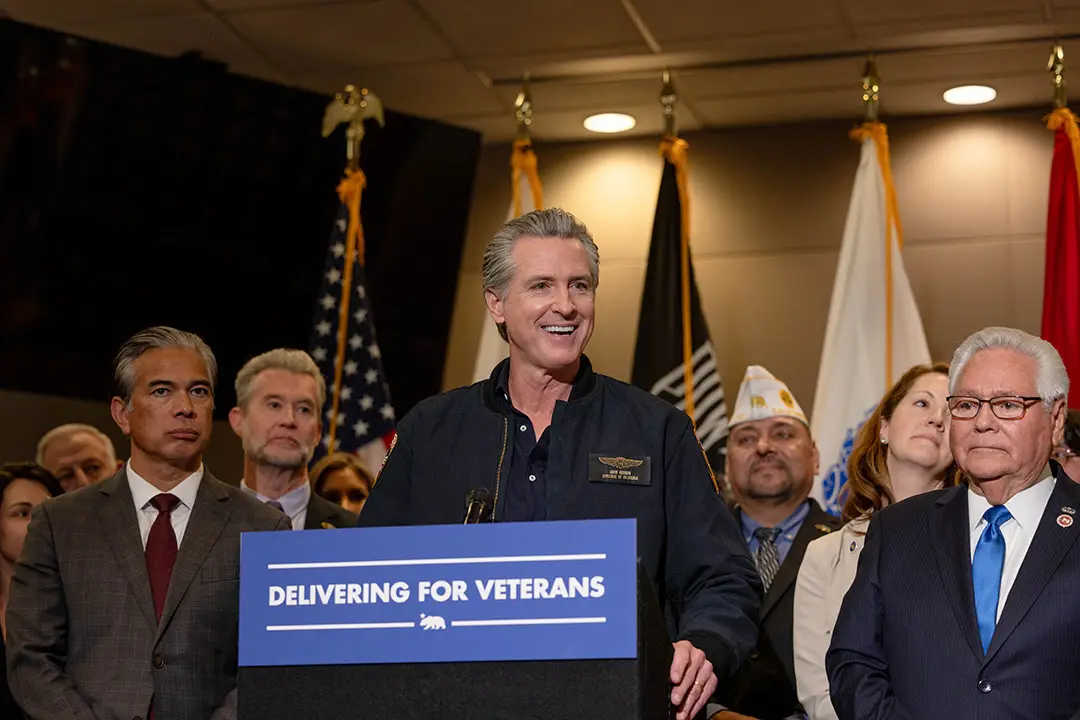In what Republicans have pitched as enhancing Alabama’s election security, GOP Gov. Kay Ivey officially signed Senate Bill 1 (SB1) into law on March 20, a decision that has sparked a broad spectrum of reactions across the state.
Sponsored by State Senator Garlan Gudger and State Representative Jamie Kiel, SB1 (pdf) introduces stringent measures against the practice of ballot harvesting, aiming to fortify the fairness and integrity of Alabama elections.





